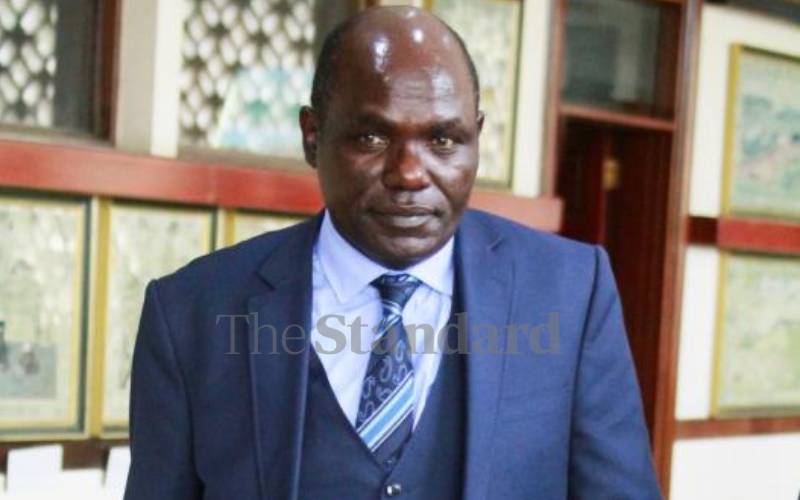×
The Standard e-Paper
Join Thousands Daily

IEBC chairman Wafula Chebukati. [Boniface Okendo, Standard]
The Independent Electoral and Boundaries Commission (IEBC) chairman Wafula Chebukati is in the eye of a storm over the bungling of the 2017 presidential elections.